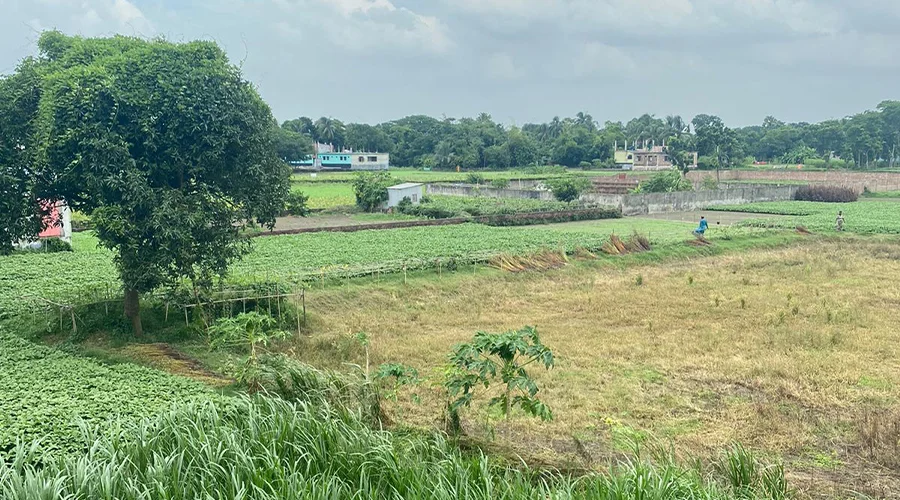There Is No Climate Justice Without Fair Trade

The international community must confront trade injustice, enforce transparency and accountability in supply chains, and secure climate financing mechanisms, living incomes and wages for the world’s smallholder agricultural producers, artisans and workers in order to successfully address the climate crisis and guarantee a sustainable future for all, the world’s leading Fair Trade organizations announced today.
In a position paper released ahead of the 2021 United Nations Climate Change Conference, also known as COP26, Fairtrade, the World Fair Trade Organization, and the Fair Trade Advocacy Office and 14 additional signatories from the global Fair Trade movement, have outlined the critical steps deemed necessary for achieving comprehensive climate justice, including urging the private sector to increase transparency and accountability over sustainability in supply chains; demanding strengthened environmental regulations and trade rules; and calling for facilitated access to appropriate funding mechanisms for smallholder farmers and producers.
Without these measures in place, the signatory organizations argue, the international community’s climate ambitions will continue to fail the planet’s most vulnerable communities, particularly the smallholder farmers and agricultural producers, who remain increasingly affected by the consequences of climate change.
“Our planet’s farmers and agricultural workers are on the frontline of the global climate crisis. But far from being victims, they are integral in developing those key climate solutions that can reverse environmental degradation and pave the way towards a more sustainable tomorrow,” declared Dr. Nyagoy Nyong’o, Global CEO of Fairtrade International.
“That’s why the Fair Trade movement is raising its voice in this bold position paper – to ensure farmers and agricultural workers are included in the COP26 outcomes; to guarantee fair incomes for our planet’s agricultural producers; and to build back better and greener in a post-COVID world.”
Held in Glasgow, Scotland from 31 October to 12 November 2021, COP26 will bring together global leaders and leading stakeholders to discuss the international community’s climate 2 ambitions and a pathway to building back sustainably following the ravages of the COVID-19 pandemic.
Against this backdrop, the Fair Trade movement’s position paper calls on global leaders to immediately deliver on climate targets by:
- Urging governments to impose transparency and accountability measures for private sector supply chains while working to ensure sustainable livelihoods for smallholder agricultural and non-agricultural producers and workers;
- Demanding facilitated access to climate finance that empowers smallholder farmers, producers, artisans, and workers to adapt and become more resilient to climate change while shifting to net zero production on-farm;


